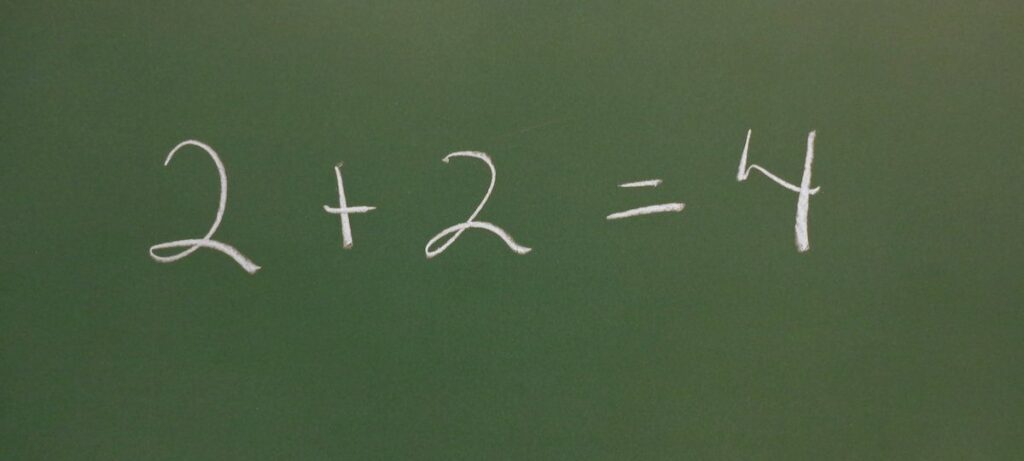
Fighting Back does more than simply hope that the dire state of our culture can be reversed. It offers practical strategies, across every aspect of life, for turning things around and emerging victorious.
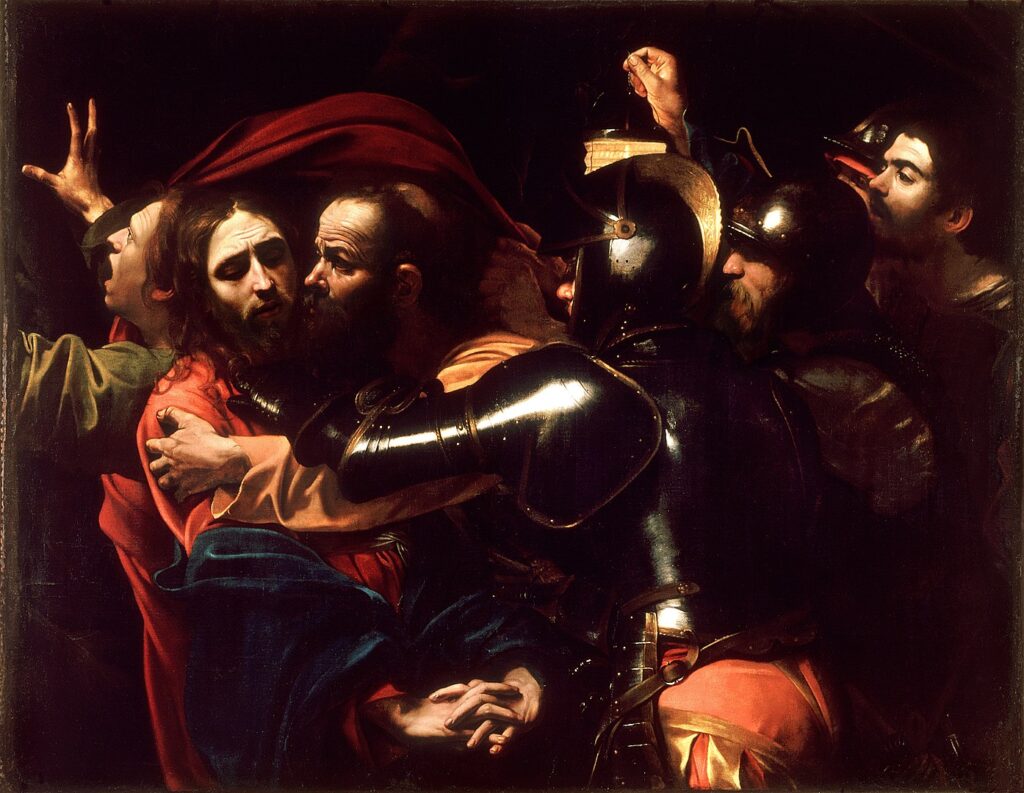
Jesus Christ died unlike he had lived: politically. D. L. Dusenbury urges us to reassess the gospels.
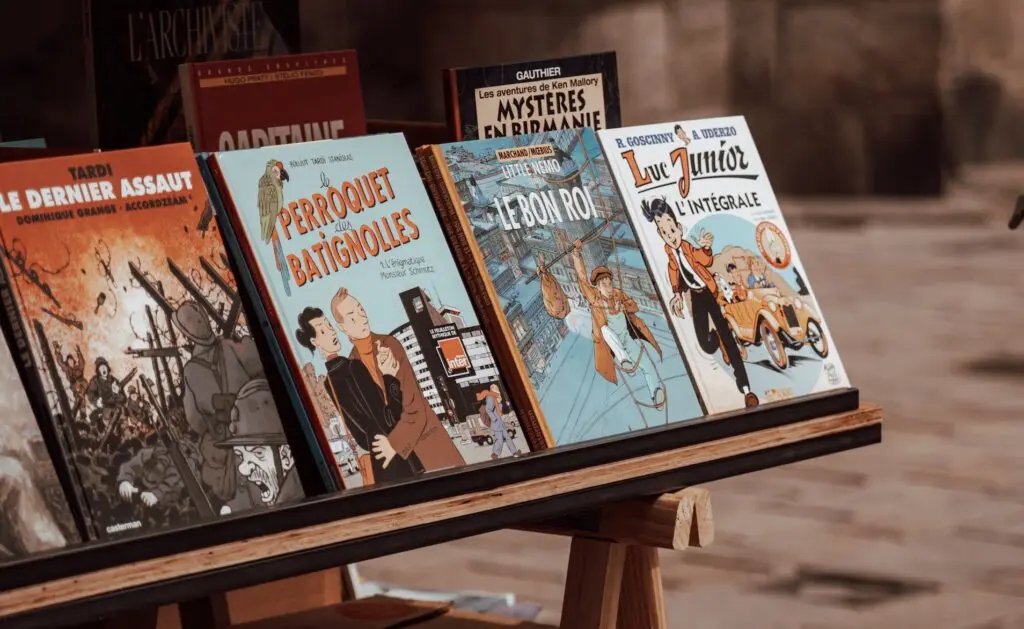
Are comics, as some Francophones argue, a distinct ‘9th art’? In the first of a monthly series, Felix James Miller argues they are and introduces readers to some of the delights of the art form.
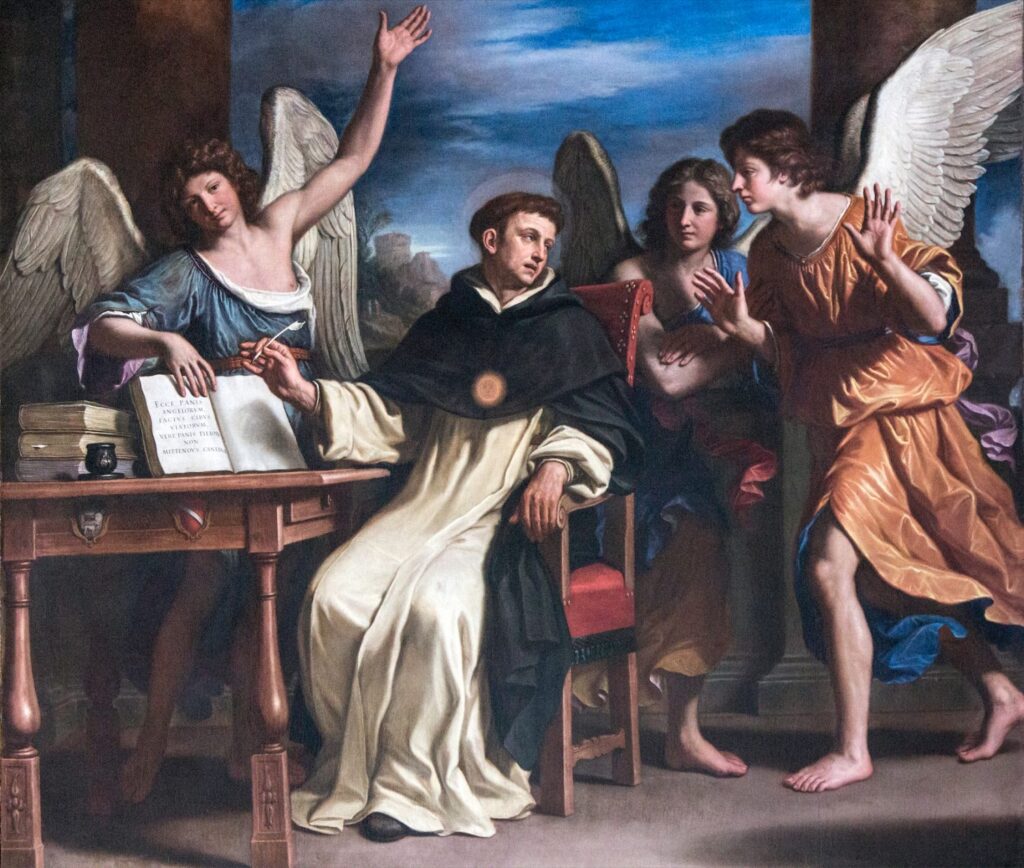
The theology of St. Thomas Aquinas is suitable for leading today’s secular and increasingly godless world back to the salvation of the Gospel.
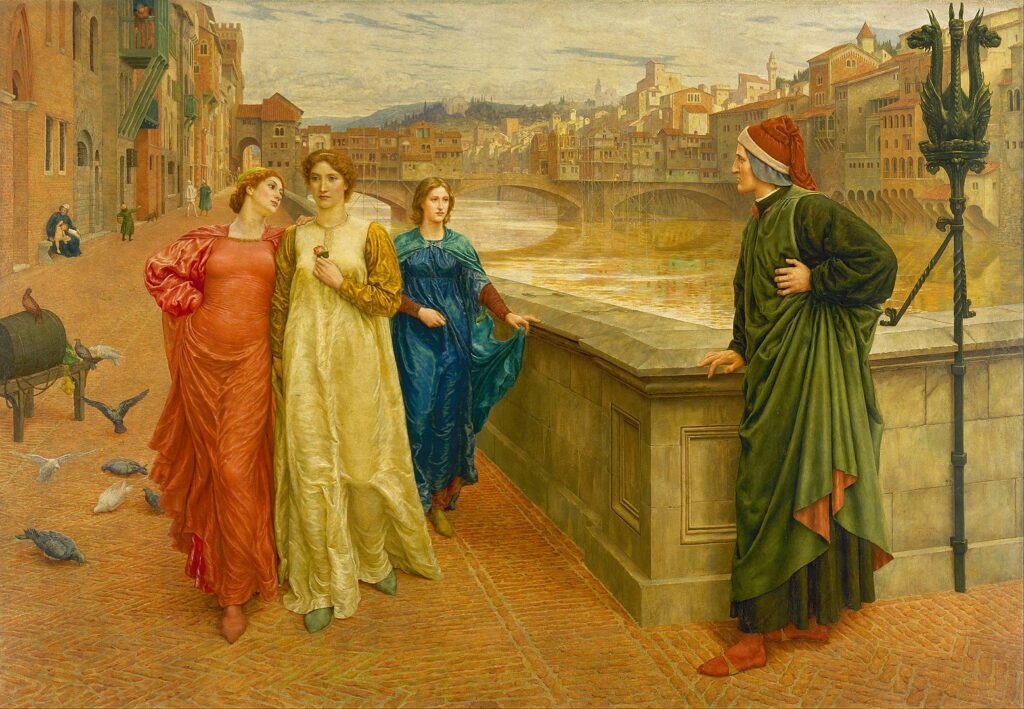
Dante’s La Vita Nuova is indisputably the work of a young man, a man whose passions (and poetic compositions) are still discovering the place they ought to have in the world. Thankfully, though, Dante’s ‘immature’ juvenilia is far greater and more penetrating a work than most poets can ever compose in the entire course of their lives.
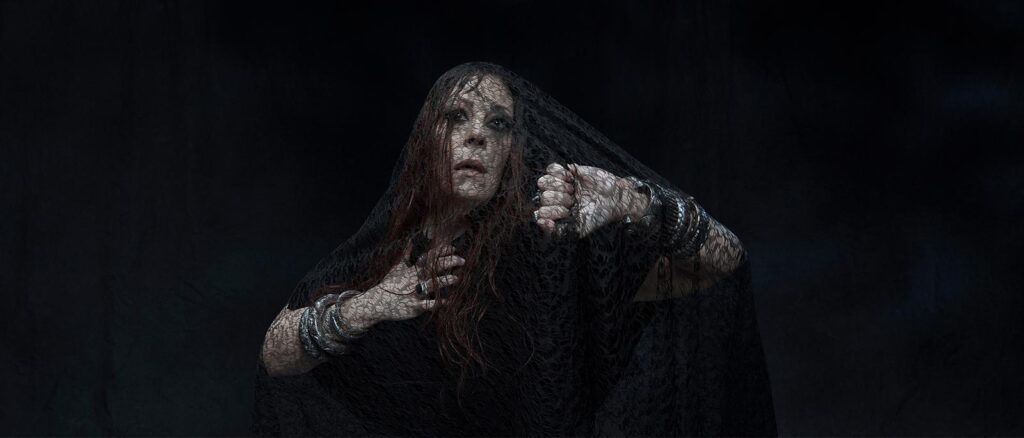
An apt but uncharitable description of Medea’s incongruities might paraphrase Woody Allen’s description of a monster as a being with the body of a crab and the head of a social worker to say that Cherubini’s work sounds like a Mozart opera with a Beethoven overture.
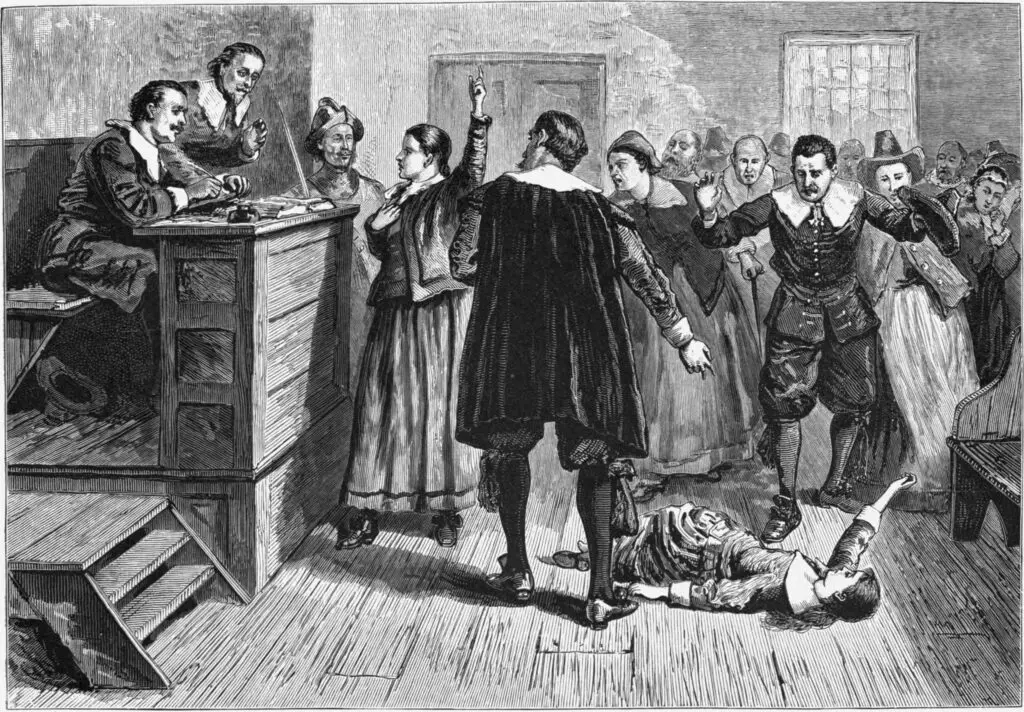
Social justice activism is a religion in that it provides a set of beliefs. These beliefs are to be accepted unquestioningly, and a common language develops between the people involved by which they may identify one another and interrogate and expel heretics.

Pell’s Prison Journal provides an inspiring example of how to endure attacks while loving our persecutors. Perhaps his serene approach can show our post-Christian civilization the beauty of Christian love and forgiveness.

Alain de Botton’s book tells us that we can and should regain hope about the future of our homes and cities. Architecture has been in a sad state in the West for many decades, but there are also glimmers of promise.
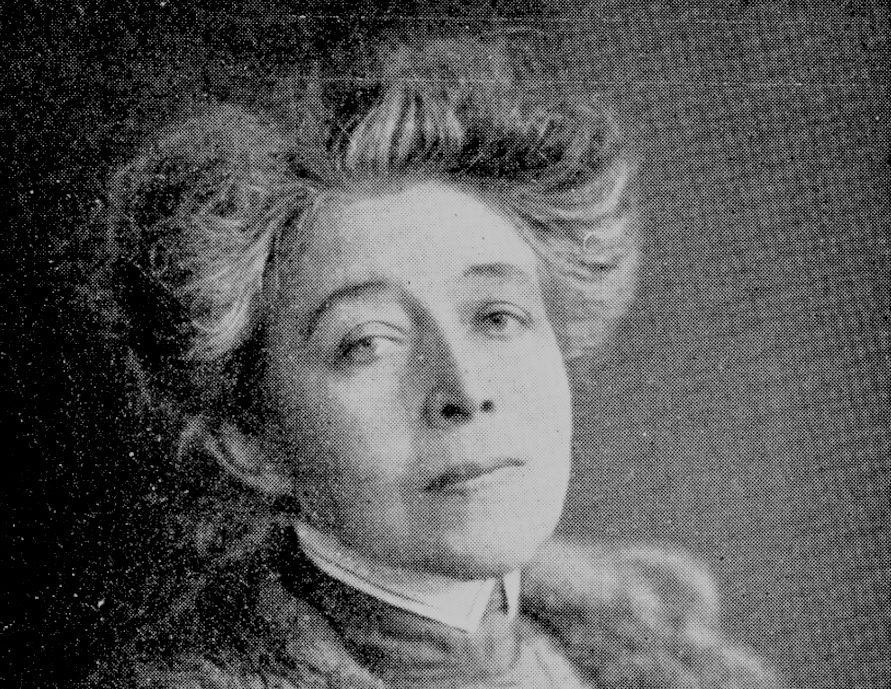
Scholdt pays tribute to both the aesthetic achievements and the courage of writers who were persecuted and ostracized during the Nazi era. He also considers the significance of their resistance in the Nazi years for our own tumultuous times.

Through scarcely credible naïveté, Robinson seems to believe that he has disposed of Bryant’s ethical pretensions. His hubris calls to mind those self-destructive British Labour parliamentarians who elicited the jibe that, when granted a choice of weapons, they always selected boomerangs.
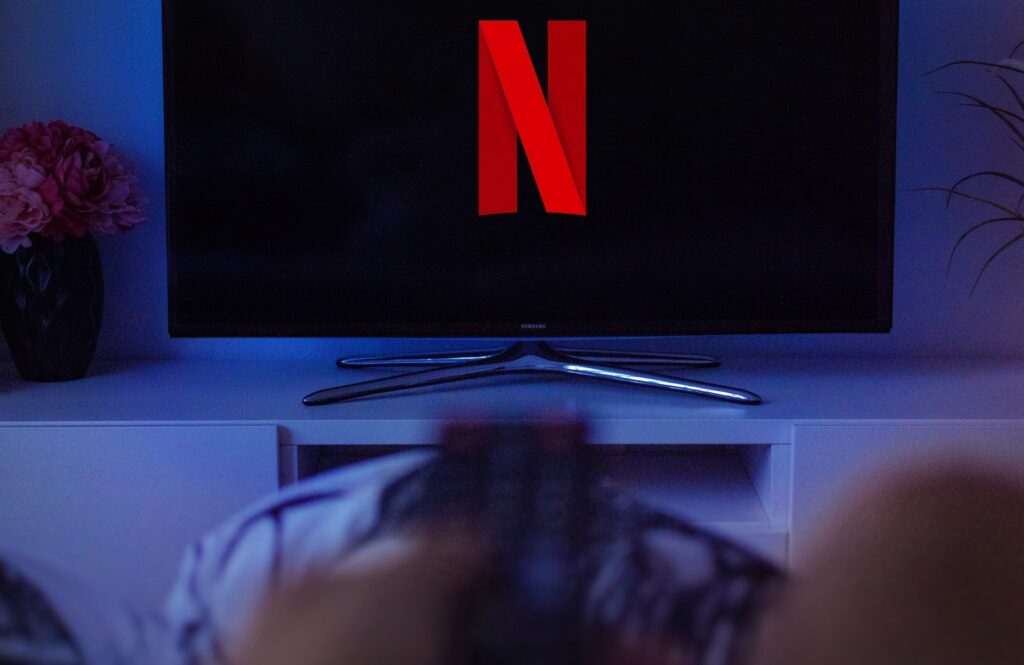
Nothing seems wrong with a discerning use of Netflix. But the company’s final goals, Chanot wishes to remind us, are anything but harmless and are bound to destroy the virtues we care to preserve within our families.
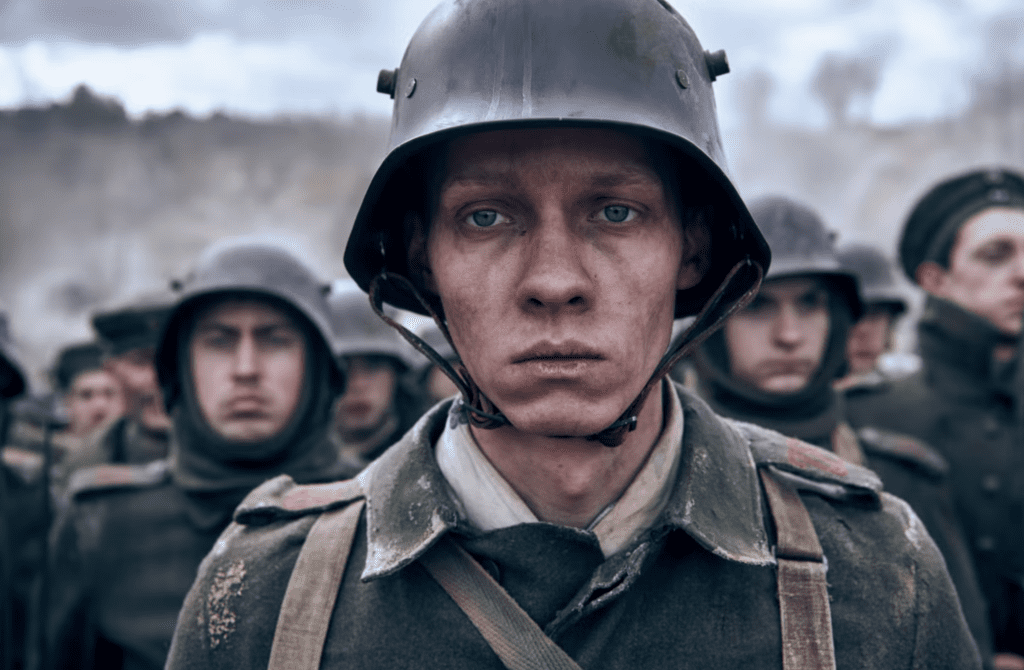
The film does a manful job depicting conditions from which few people escape alive, and no soul remains unscarred.
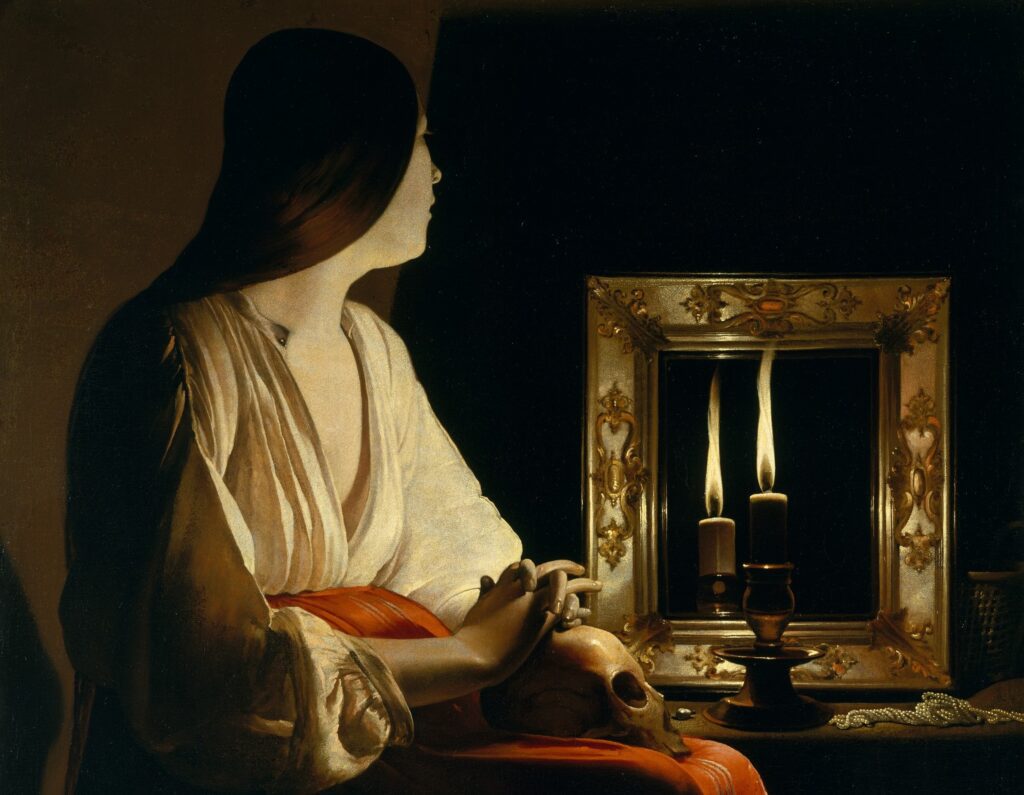
Brinkmann’s book is a respectful, thoughtful tome seeking to question faith honestly. He freely admits that he is simultaneously sceptical on issues of faith and belief and deeply fascinated by religion.
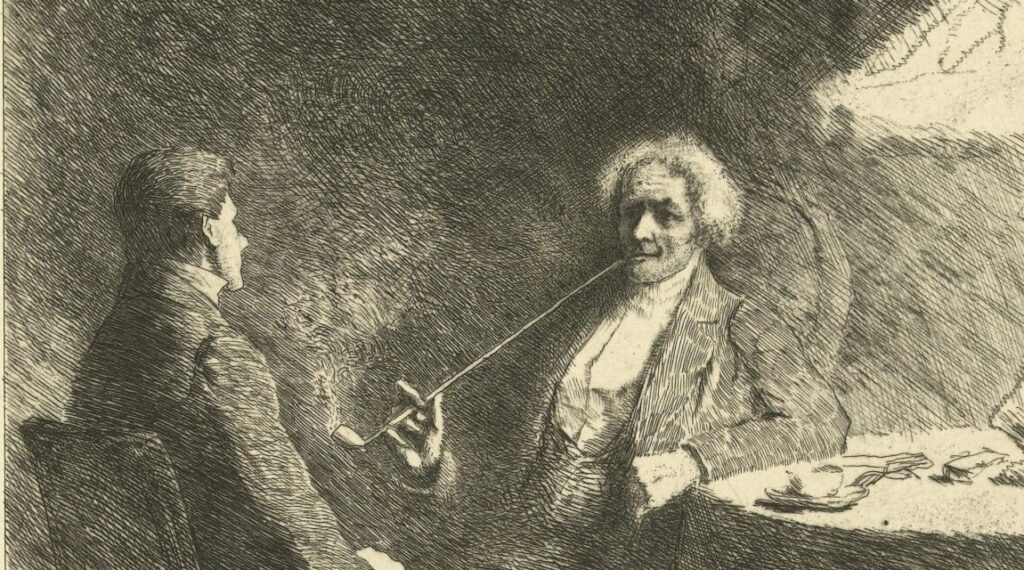
Henry James praised Ivan Turgenev because, though the man possessed a pessimistic streak, in his novels he painted tender pictures that bled sympathy for all.
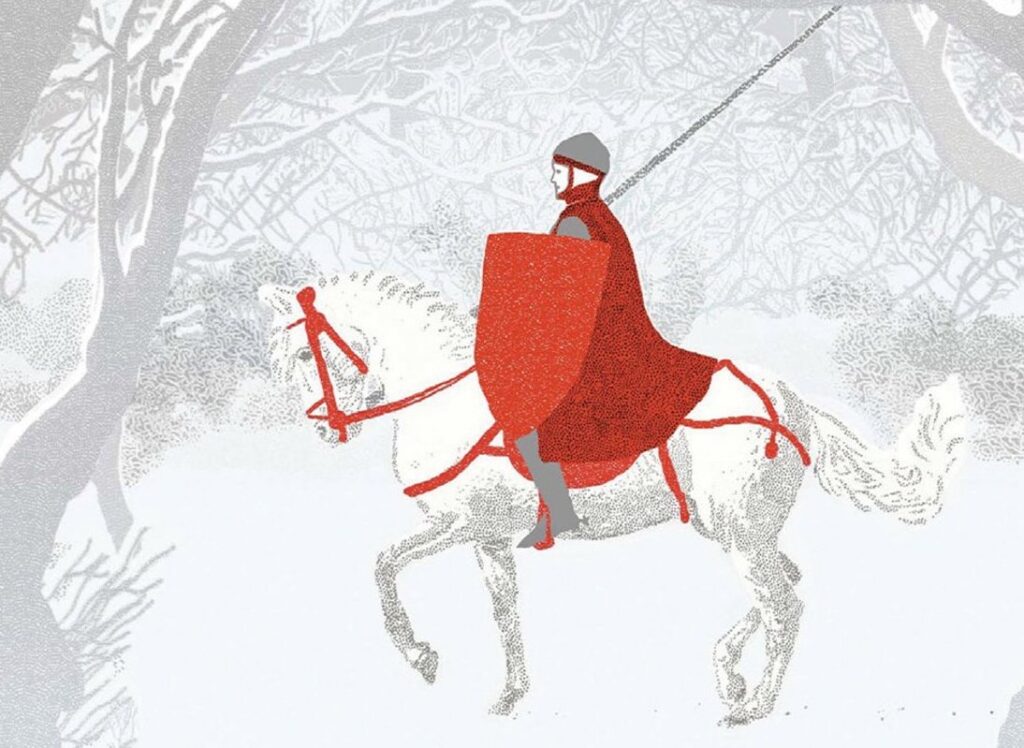
Sir Gawain is a dramatic tale of a knight’s bravery and chastity in the face of temptation and, crucially, the distinctive experience of grace and forgiveness that Christ’s birth, death, and resurrection has made possible.
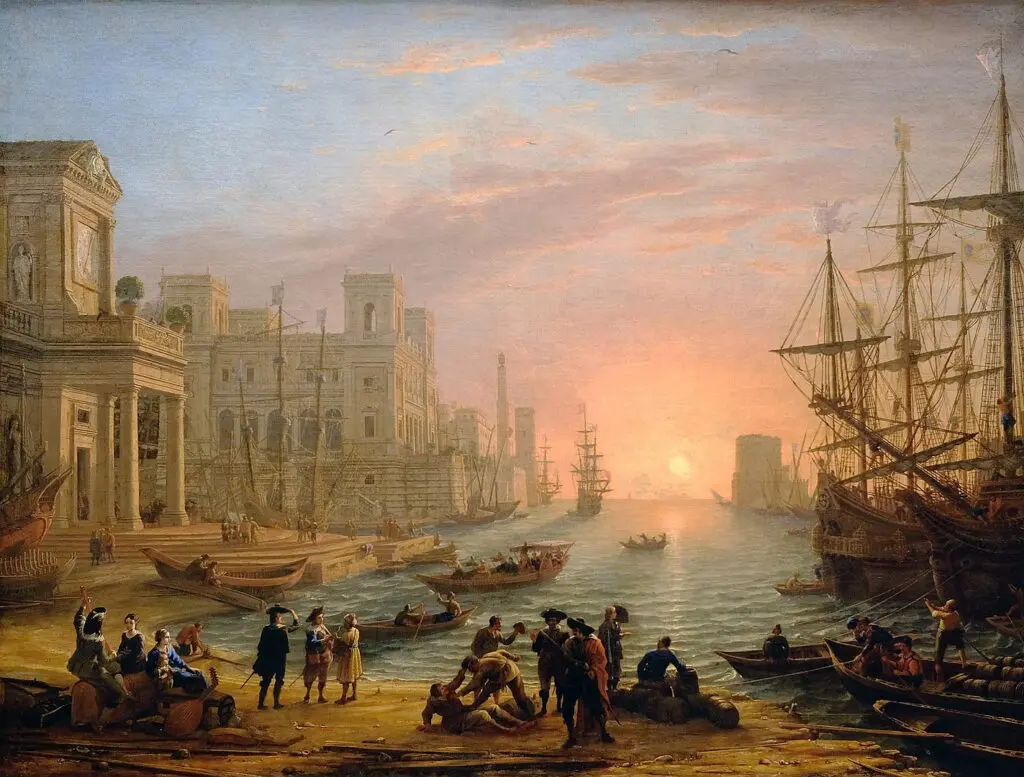
DiLorenzo’s ‘Politically Incorrect Guide’ comes at a time in which the majority of young people in the West are predicted to experience less freedom and economic prosperity than their parents or grandparents enjoyed.
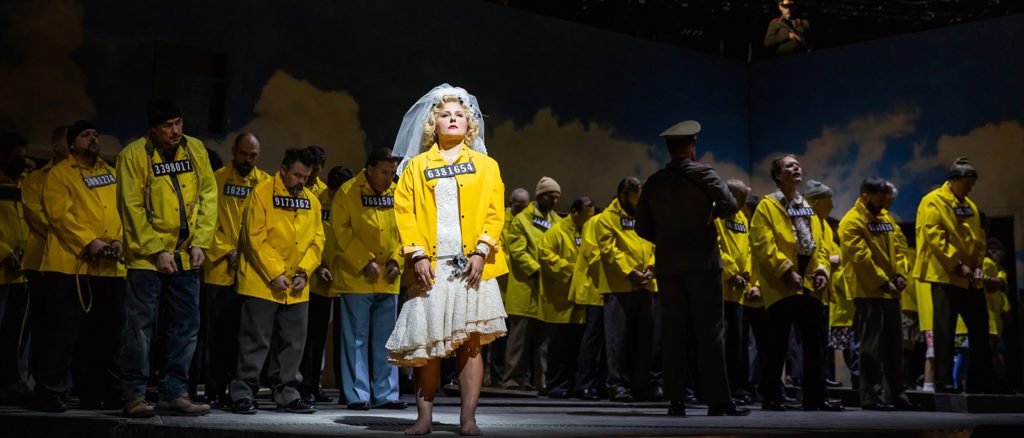
Conductor Keri-Lynn Wilson’s deft, efficient gestures captured the performance with balance between its driving sonic eccentricities and subtler and more contemplative passages.

Today, it is all too common to prize self-sufficiency as a virtue—a virtue by nature inaccessible to the sick and to the disabled, to pregnant women and to the elderly, and to children of any age.

How did we get here? As Trueman explains it, three intertwining concepts and their origins must be understood to grasp our current culture: expressive individualism, the sexual revolution, and our social imaginary.
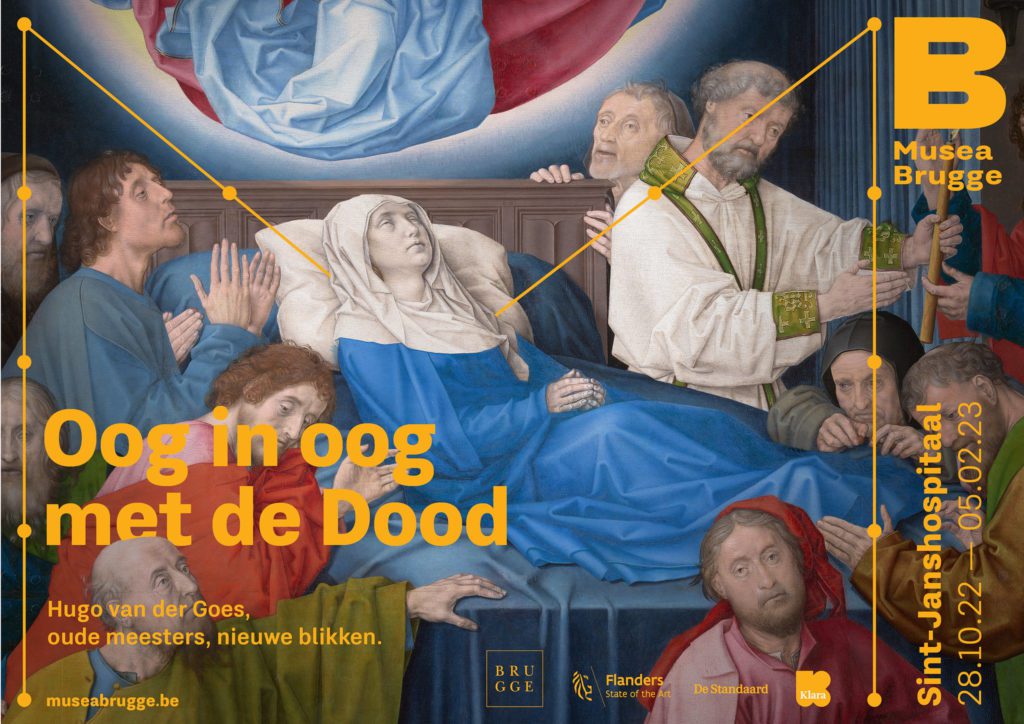
“Face to Face with Death. Hugo van der Goes, Old Masters, New Looks” at Sint-Janshospitaal in Bruges is open for visitors until February 5th, 2023.